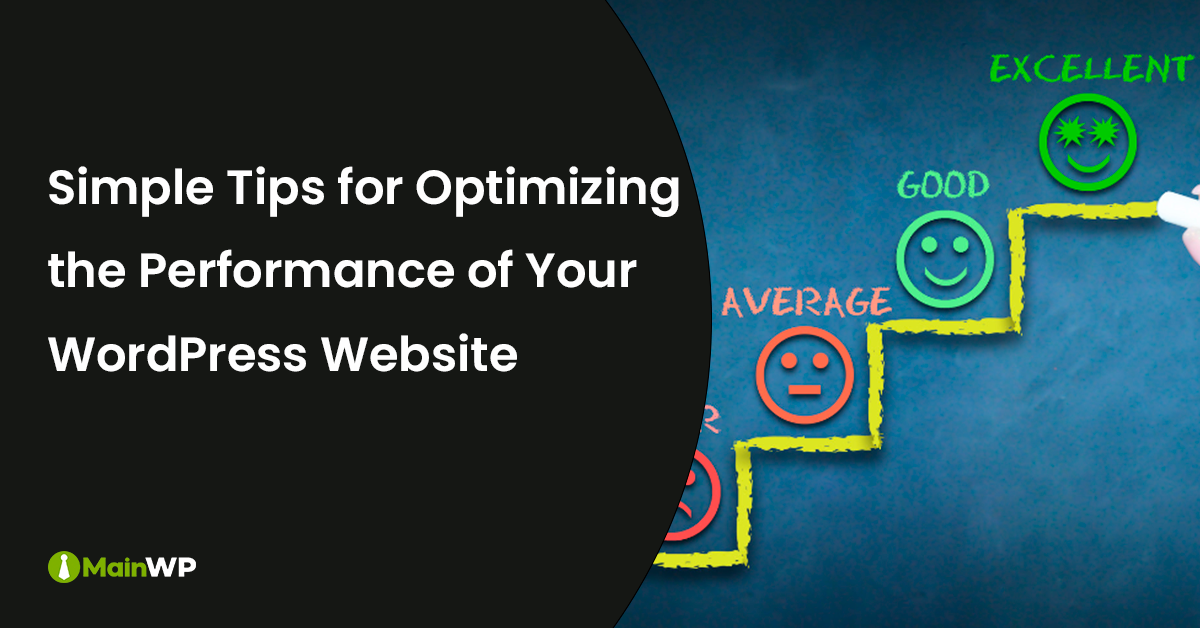WordPress is a popular content management system (CMS) that powers millions of websites worldwide. However, even the best-designed WordPress site can need faster loading times.
This can be frustrating for users and impact your search engine ranking.

If you’re concerned that your WordPress site is slow, there are a few things you can do to identify and fix the problem.
- Use a performance testing tool: Many performance testing tools are available that can help you identify the areas of your site that are slowing it down. Google’s PageSpeed Insights and GTmetrix are free tools that you can use to test your site’s performance on mobile and desktop devices.
- Check your hosting provider: If you’re using a shared hosting plan, your site may share resources with other websites on the same server. This can lead to slow loading times if those other websites are experiencing high traffic. If you’re experiencing slow loading times, consider switching to a managed WordPress hosting provider.
- Audit your plugins: Go through your list of installed plugins and disable or delete any ones you’re not using. You can also use a plugin like Query Monitor to identify plugins slowing down your site.
- Optimize your images: Use a tool like TinyPNG or ImageOptim to reduce the file size of your images without sacrificing quality.
- Update your versions: Ensure you’re using the latest versions of WordPress, plugins, and themes. Older versions can contain security vulnerabilities and performance issues.
- Enable caching: Caching can speed up your site by storing copies of your website’s files on the server. This can reduce the number of times that the server has to fetch files from the database. There are many caching plugins available for WordPress.
By following these tips, you can identify and fix the slow loading times on your WordPress site. This will improve the user experience and help boost your search engine ranking.
Here are some additional tips for speeding up your WordPress site:
- Use a content delivery network (CDN): A CDN is a server network that delivers your website’s content to visitors from the closest server. This can improve performance by reducing the distance that your visitors’ requests have to travel. Recommended CDN providers are Cloudflare, BunnyCDN, and KeyCDN.
- Minify your code: Minifying your code removes unnecessary whitespace and comments, which can make it smaller and load faster.
- Combine your CSS and JavaScript files: Combining your CSS and JavaScript files can reduce the number of HTTP requests that your site makes.
- Use a lazy loading plugin: Lazy loading is a technique that defers the loading of images and other resources until they’re needed. This can help improve performance by reducing the data your site has to load initially.
A swift and responsive WordPress website isn’t just a bonus; it’s a critical component in today’s digital landscape. The speed of your website can influence user experience, search engine rankings, and, ultimately, your bottom line.
You can ensure that your WordPress site stands out in an increasingly competitive digital world by leveraging the top techniques for speed and database optimization, from image compression to using efficient plugins and caching mechanisms.
Remember, in the fast-paced world of the internet, every millisecond counts. So, rev up your WordPress and watch as improved performance drives enhanced results.







